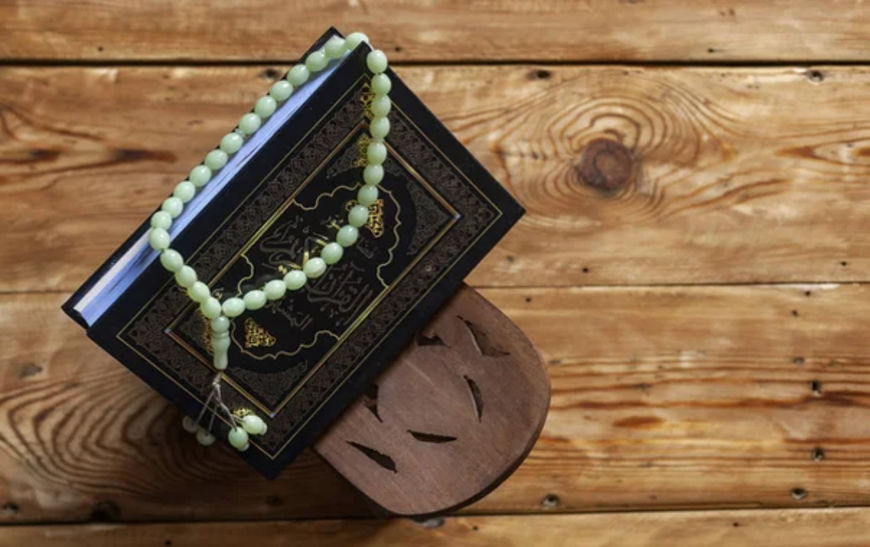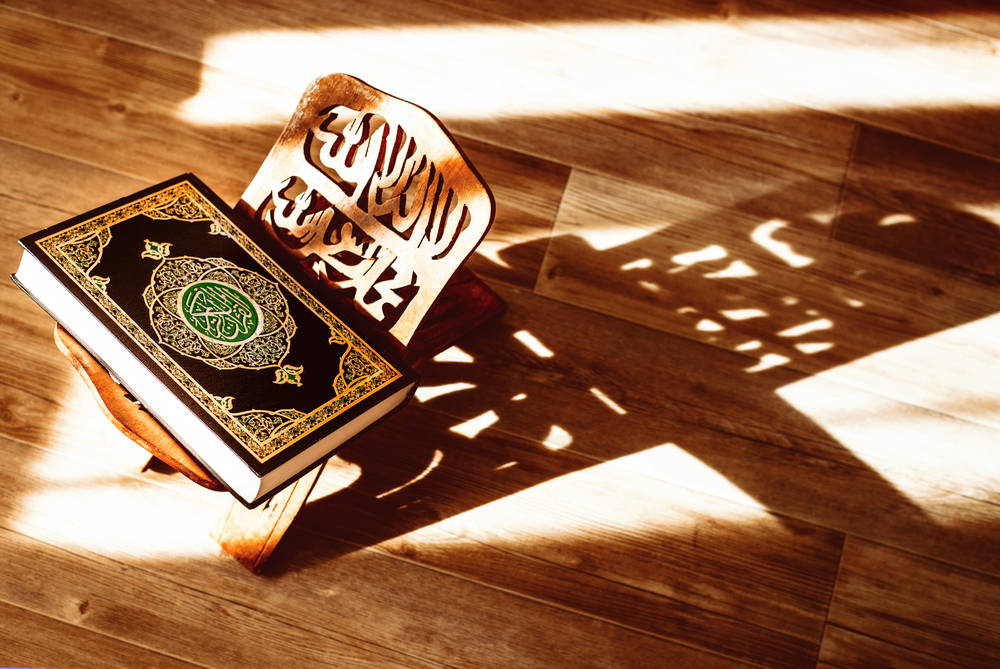|
Surat Al-Fatihah, also known as "The Opening," is the first chapter of the Quran and holds an esteemed place in the hearts of Muslims worldwide. This chapter is not only a fundamental part of Islamic worship but also a profound expression of faith that encapsulates the essence of the Quran's teachings. In this article, we will explore the significance of Surat Al-Fatihah, its role in daily prayers, and the deep spiritual meanings that make it a cornerstone of Islamic practice. For a more detailed exploration of the significance of Surat Al-Fatihah, visit the full article here.

The Importance of Surat Al-Fatihah in Islam
Surat Al-Fatihah is often referred to as the "Essence of the Quran" because it contains the core messages of monotheism, divine mercy, and guidance. Muslims recite this chapter multiple times a day during their prayers, known as Salah, making it an integral part of their spiritual routine. The frequent recitation of Al-Fatihah serves as a constant reminder of God's presence and the believer's dependence on divine guidance.
Understanding the Verses of Al-Fatihah
Surat Al-Fatihah consists of seven verses, each carrying profound meanings that resonate deeply with believers:
- Praise for Allah: The chapter begins with praising Allah as the Lord of all worlds, emphasizing His mercy and compassion.
- Acknowledgment of Divine Sovereignty: The verse "Master of the Day of Judgment" highlights Allah's authority over the hereafter.
- Supplication for Guidance: The latter verses express a heartfelt plea for guidance on the "Straight Path," a spiritual journey towards righteousness and divine favor.
Each verse of Al-Fatihah is a reflection of the Muslim's relationship with God, encompassing praise, devotion, and a plea for guidance. The chapter's structure is designed to foster a deep connection between the worshiper and the Creator, reinforcing the principles of faith in every recitation.

The Role of Al-Fatihah in Daily Prayers
In the daily prayers (Salah), Surat Al-Fatihah is recited in every unit (Rakah), making it an essential component of Islamic worship. Its recitation serves as a direct communication between the believer and Allah, with the chapter's verses acting as both praise and a plea for divine guidance. The repetition of Al-Fatihah throughout the day serves to renew one's faith and commitment to the spiritual path, making it a powerful tool for spiritual growth and reflection.
Spiritual Lessons from Surat Al-Fatihah
The teachings of Surat Al-Fatihah go beyond mere recitation; they offer valuable spiritual lessons that guide Muslims in their daily lives:
- Gratitude and Praise: The chapter begins with praise for Allah, reminding believers of the importance of gratitude and acknowledgment of divine blessings.
- Dependence on Divine Guidance: The plea for guidance emphasizes the believer's reliance on Allah for direction in life, reinforcing the concept of Tawakkul (trust in God).
- Unity of Faith: The repeated recitation of Al-Fatihah in congregational prayers fosters a sense of unity and shared purpose among Muslims, strengthening the bond of the Ummah (community).
The Timeless Relevance of Surat Al-Fatihah
Despite being revealed over 1,400 years ago, Surat Al-Fatihah remains timeless in its relevance. Its universal themes of mercy, guidance, and divine sovereignty continue to resonate with believers across cultures and generations. The chapter's ability to encapsulate the essence of the Quran's teachings in just seven verses makes it a powerful spiritual tool, guiding Muslims on their journey of faith.
Surat Al-Fatihah is more than just the opening chapter of the Quran; it is a profound expression of faith that connects Muslims to their Creator. Its significance in Islamic worship and its deep spiritual meanings make it a vital part of the Muslim experience. By embracing the teachings of Al-Fatihah, believers can strengthen their relationship with Allah and find guidance on the path to righteousness.
|



